Third-Year Rotations
RTT residents have a much more flexible third year, being offered four electives to design in their final year, as well as continued longitudinal training in extensive inpatient and procedural opportunities.
Behavioral Science and Practice Management: (4 weeks)
This block, undertaken in tandem with the core Cherry Hill site, allows us to delve more deeply into mental health care as well as the nuts and bolts of managing physician practice. Practice management is deeply individual to the institution in question, and our practice management curriculum is longitudinal as well, with monthly clinic meetings that residents attend. This window into how our home clinic operates will hopefully inspire you to consider what kind of practice you would ultimately like to join (or found!). Meanwhile, psychiatric care is a critical component of rural primary care, even as our clinic moves forward with expanding mental health care accessibility for our patients.
Clinic/Procedure Intensive: (4 weeks)
This block is intended to provide additional time to become skilled in the variety of procedures we are able to offer locally, both in our home clinic and working with local surgeons. You can expect to perform colposcopies, circumcisions, biopsies of various types, IUD insertions and removals, Nexplanon insertions and removals, joint injections, cyst removals, and a variety of other procedures covering the expected basics in family medicine and then some during your time with the RTT.
Emergency Medicine (4 weeks)
Our local ED is also busy, and we spend a month working with our exceptional team of local Emergency Medicine physicians. The breadth of cases it is possible to see here and the depth of acute illness make it an excellent learning experience for those considering working in rural EDs as part of full-spectrum family practice in rural settings.
Electives (16 weeks total)
The longitudinal nature of the RTT's curriculum means that electives can be opportunities for away electives (popular destinations have included Malawi and rural Alaska), or to continue in your continuity clinic while building in time for your special interests. Local specialists have been receptive to having our residents spend additional time with them beyond the MS1/MS2 blocks to improve our knowledge base and skills in specialty areas.
Inpatient Medicine (8 weeks)
Our Family Medicine Service at Olympic Medical Center is a busy and diverse learning experience. In these blocks, you will spend weekdays on service as well as some additional home call time, caring for a wide array of patients with conditions ranging from bread-and-butter general medicine to more unusual diseases. As we have an open ICU, our service tends to be more critically ill than family medicine services in institutions with closed ICUs, and we get experience managing acute conditions such as respiratory failure, stroke, and MI.
MS1 and MS2: Medical Specialties blocks (8 weeks)
During these rotations, you will continue to be present in your continuity clinic on your scheduled weekdays, and on other days will join local specialists across a wide range of fields. Since not all types of providers are located in Port Angeles, this means getting to know the Peninsula a little better. We learn from Cardiology, ENT, Ophthalmology, Pulmonology, Urology, and GI.
Orthopedics (4 weeks)
We begin working with our local orthopedic surgeons in our R2 year, and continue to build on those foundations with a rotation in our R3 year. We work in clinic with the orthopedists and gain experience with intra-articular injections, and we have the opportunity to scrub in with the surgeons on their cases if desired.

